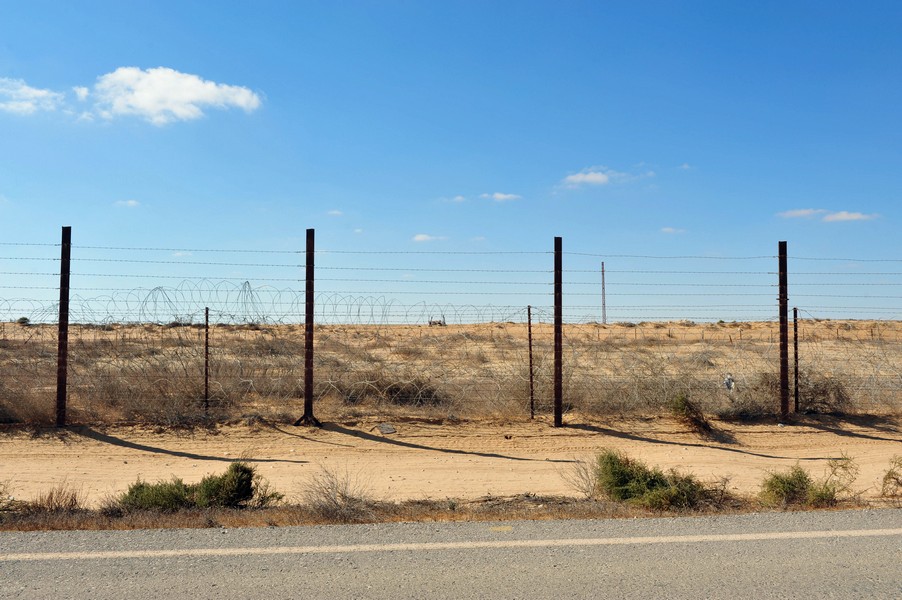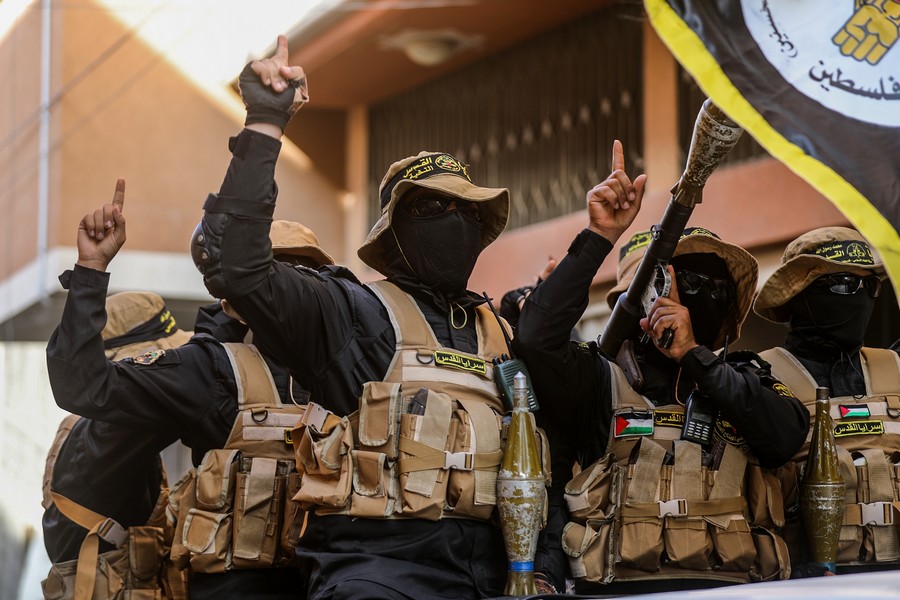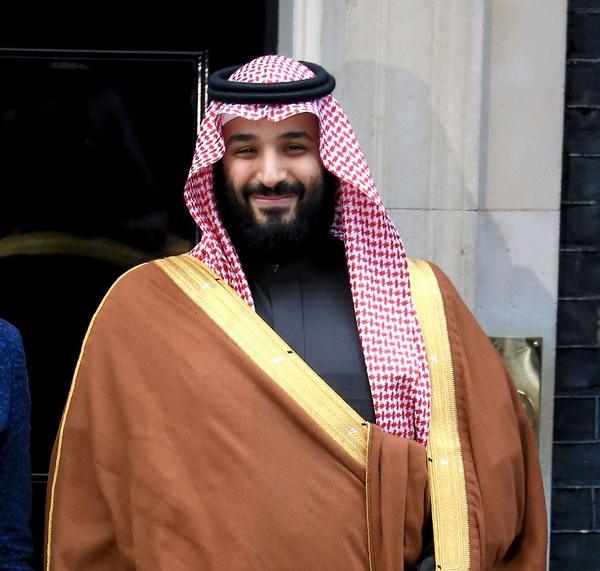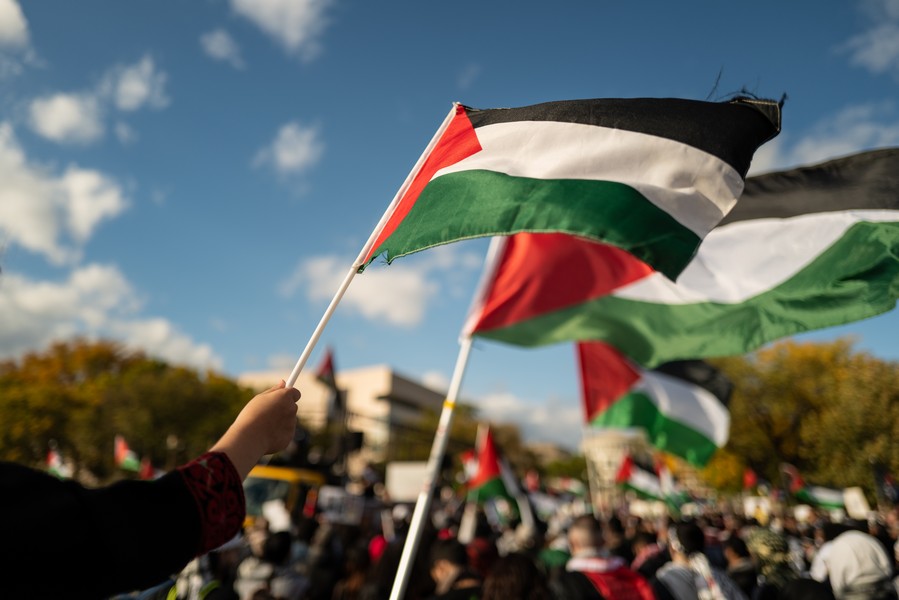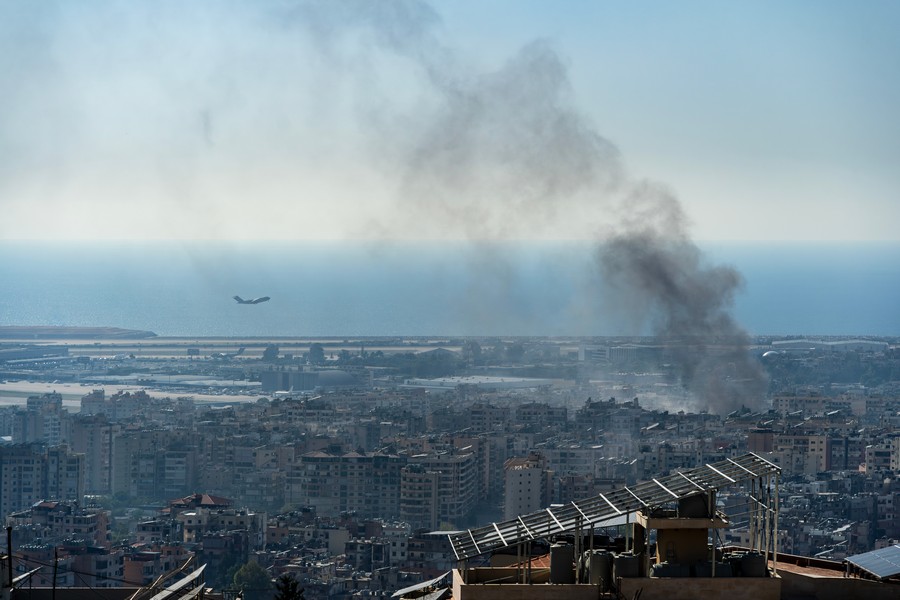The fall of the Assad regime and the partial takeover of Syria by Ankara-backed Islamist fronts has raised the spectre of confrontation between the region’s two most powerful countries: Turkey and Israel. It will fall to the United States to help avoid a military clash.
President Trump’s recent remarks alongside Israeli Prime Minister Benjamin Netanyahu were encouraging. As are reports about deconfliction talks between Turkish and Israel that took place in Azerbaijan. But avoiding conflict will not be easy.
In some ways, the possibility of conflict is surprising. Both Israel and Turkey oppose Iran’s regime, and it was the Israeli success against Hezbollah that contributed to Assad’s collapse – clearing the path for Al-Julani’s jihadists to rise. Sensing a historic opportunity, Ankara moved to cement its influence in Syria as part of Erdoğan’s broader ambition to resurrect something akin to the Ottoman Empire.
Turkey positions itself as leader of the Sunni axis, challenging both Iran’s Shiite axis and Saudi Arabia as the leader of the Sunni world. Qatar, a close Turkish ally governed by Muslim Brotherhood sympathisers, supports this bid as part of political Islam’s vision to revive the Caliphate. In response, Saudi and the UAE are trying to draw Al-Julani away from Turkey’s orbit. It’s a complex power struggle.
The Israeli concern is twofold. The first is from jihadist elements near its border that could carry out cross-border terror attacks. The second is the more strategic threat posed by the possibility of Turkey’s entrenchment in Syria, which could threaten Israel’s operational freedom – especially in countering Iranian threats. To counter the jihadis, Israel has seized control of a buffer zone in southern Syria and targeted Syrian military infrastructure to keep it from being used against it.
But Jerusalem increasingly views Turkish influence, not jihadi groups, as the greater threat. Turkish entrenchment would shrink Israel’s room to manoeuvre and jeopardise its air operations in the region. In response, Israel is aggressively targeting Syrian military infrastructure, such as airports, to keep them out of Turkey’s control and to set new red lines.
The Syrian arena is further complicated by the clashing interests of the US, Russia, and China. What’s more, the new regime in Damascus is still weak, lacking full control of all Syrian territory. It also lacks the trust of many ethnic groups, including Alawites, Druze, and Kurds – who still control a third of the country. This instability gives outside actors room for intervention, with Turkey and Israel emerging as the most decisive players. Iran’s influence, by contrast, is increasingly irrelevant. If Turkey succeeds in entrenching itself, it will not stop at Syria. Its expansionist drive, under the Muslim Brotherhood’s ideological banner, could destabilise Jordan where the Brotherhood is gaining power. A Brotherhood takeover there would be catastrophic, opening another hostile front at Israel’s eastern flank.
Stability in Syria hinges on Israel and Turkey, whose relations have hit their lowest point since diplomatic ties began. Only the US, trusted by both sides, can broker an arrangement that secures their vital interests and outlines a shared future in Syria.
Such a deal could recalibrate Turkish ambitions, reassure the Gulf states, and potentially revive the Abraham Accords, leading maybe to the ultimate prize: Israeli-Saudi normalisation. If Syria stabilises and Al-Julani distances himself from jihadist ideology, reconstruction and eventual normalisation with Israel might even be possible. This would reshape the Middle East, ease tensions, and lay the groundwork for a new regional architecture aligned with President Trump’s vision – including a reformed Palestinian Authority in a post-Hamas landscape. The alternative? Regional chaos and rising danger for everyone.
Published in The Jewish Chronicle, April 16, 2025.






